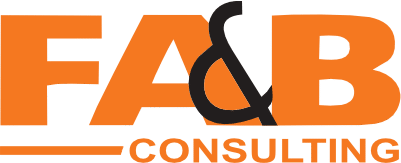Adjust | Thrive #accountability

We start our monthly emailers today. These have come about following our Wizard Within series that we shared during the initial phase of lockdown in an attempt to help you navigate and adjust to the change and uncertainty created by the COVID-19 global pandemic.
During the past few weeks, it has become clear that we need to think and act differently. We need to shift our mental models and we even might have to unlearn a few things in order to create, adapt and survive. During our monthly emailers, we will share frameworks and practical tools to assist you in making sense of your ‘new’ world. Awareness and balance are key to living the present, becoming centred and being able to fully tap into the intelligence offered by our heart, head and body.
Previously we introduced you to The Oz Principle, a leadership concept created to highlight the impact that personal accountability can have on navigating uncertainty and change. Today we want to focus on accountability – a concept which might have newfound relevance. Herewith the What, How and Why of accountability.
WHAT? Accountability is:
- the degree to which you are responsible for your actions or decisions.
- not just as an obligation, it is also a willingness to accept responsibility.
- about delivering on a commitment or outcome, not just a set of tasks.
- taking initiative with thoughtful, strategic follow-through.
HOW? To foster personal accountability, gain clarity with reference to:
- Expectations – from self and others
- Capability – around your competencies and resources
- Measurement – confirm if you are on track
- Feedback – be honest, give and receive feedback
- Consequences – what are they?
WHY? The rewards of accountability:
- Increases productivity
- Helps you measure your success and progress
- Keeps you engaged
- Validates your thoughts and ideas
- Builds trust with others
- Increases job and relationship satisfaction
- Decreases stress
The science of happiness tells us that happiness, like most of our emotions, is simply the result of releasing happiness-related chemicals into your brain. Dopamine is released in the brain when we expect a reward. It’s that excited feeling we get when we are about to be rewarded. Fostering accountability leads to happiness.
The key point of The Oz Principle, as summarised by authors Roger Connors, Tom Smith and Craig Hickman, is: See It, Own It, Solve It, Do It. Personal accountability allows you to own a situation and resolve it to the best of your abilities. The power and ability to rise above your circumstances and achieve what you desire resides within you. Regardless of your job role, title or responsibilities, you might like to ask yourself some fundamental questions: “what is happening around me and what do I need to focus on personally in order to adapt and adjust?”
TO PONDER:
- See It – What is the reality you most need to acknowledge in order to achieve the results you want?
- Own It – How are you contributing to the problem and/or solution? What can you and can’t control?
- Solve It – How can you take action? What initiatives will enable you to deliver on your commitments?
- Do It – What are you accountable to do and by when?

0 Comments